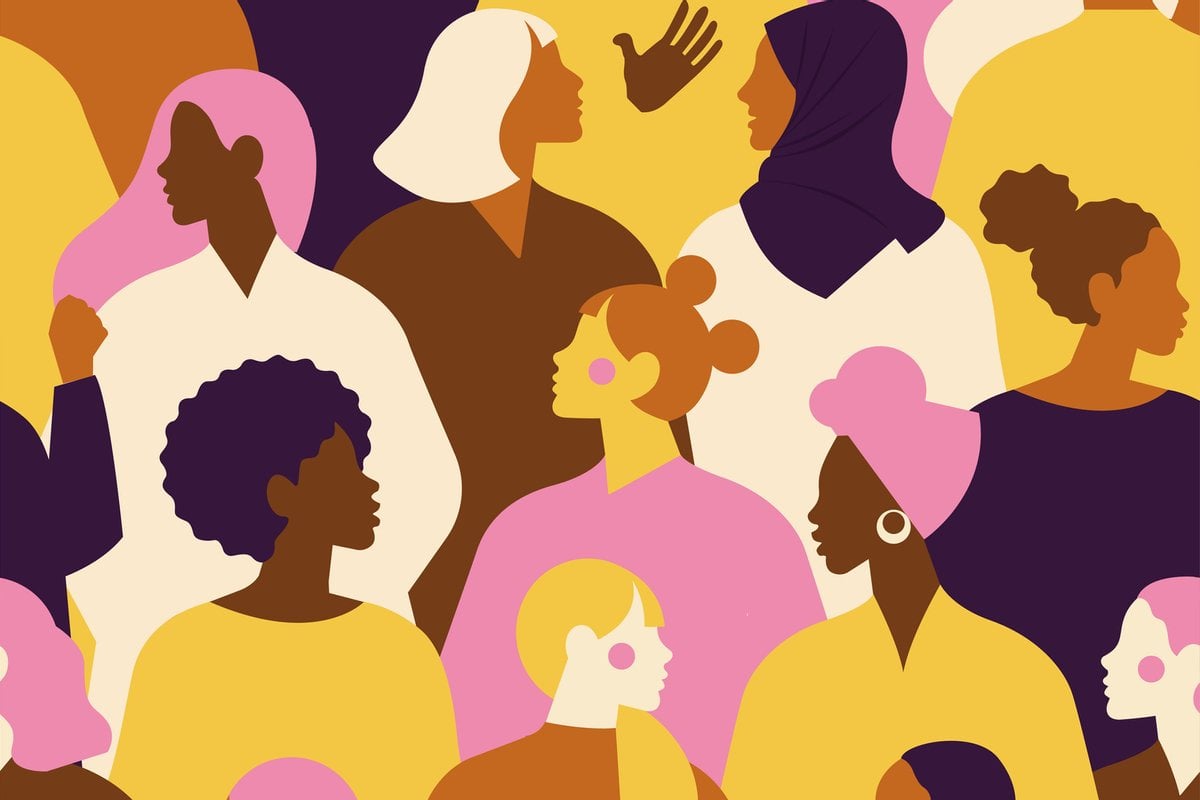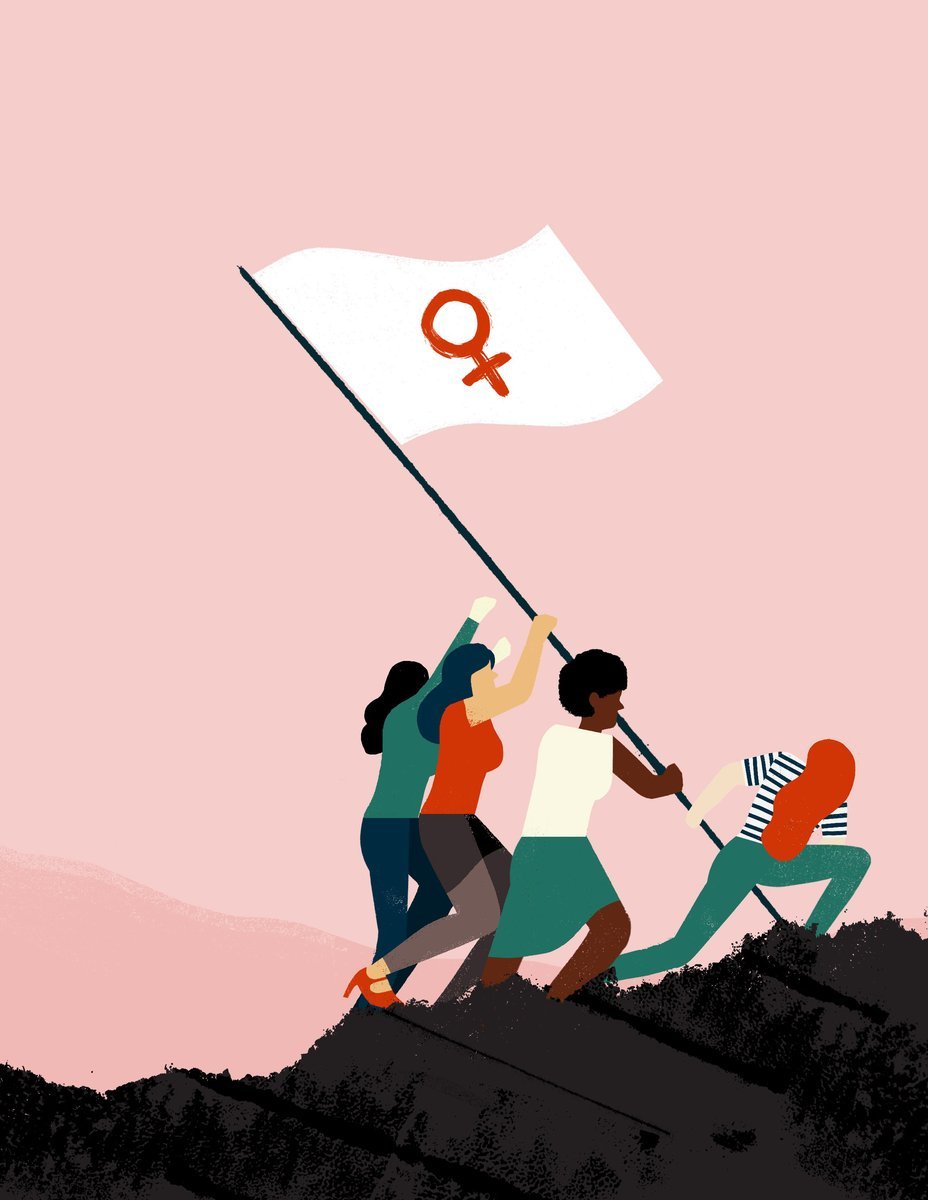
This post deals with family violence and might be triggering for some readers.
On Monday 30 November 2020, three women in Australia were violently killed.
They joined too many other women in the Counting Dead Women project by Destroy the Joint, which counts all female victims of violence.
At last count, at least 50 women have died by violence in 2020.
Watch: Women and Violence, The hidden numbers. Post continues below.
We hear the phrase too often: they weren’t just a number, they were individuals with families, friends, careers, and dreams. Until all of those moments were ended by an act of extraordinary violence.
Although one-off acts of violence do happen, domestic and family violence is usually an ongoing pattern of behaviour.
It's rare that it's just a one-time thing.
The statistics are confronting, and even scarier when you consider domestic and family violence is under-reported, hidden across Australia and getting worse during COVID-19.
When we look at our communities, we can see that violence continues despite systems and structures in place to prevent and support.


Top Comments
You'd also be taking away the rights of consenting adults who wish to express themselves or even make money though porn.
That's not to say that there shouldn't be regulation or serious scrutiny to make sure people aren't being exploited or pressured into it.